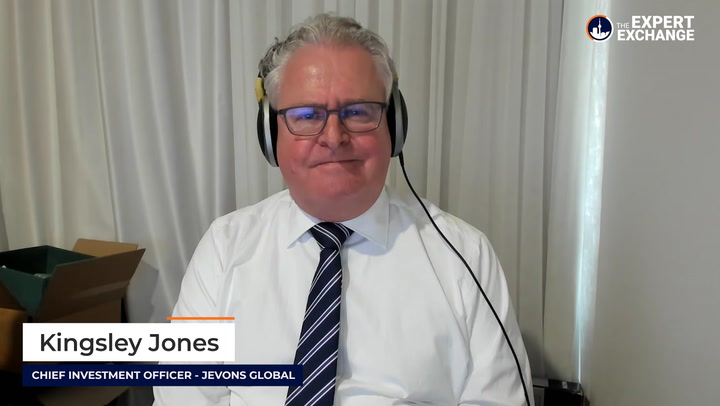- The Morrison Government has unveiled a $250 million Future Fuels Fund investment to increase the takeup of electric vehicles charging infrastructure
- The government pledges $178 million to ramp up the rollout of EV charging stations, but stopped short of announcing rebates or sales targets
- “We will not be forcing Australians out of the car they want to drive or penalising those who can least afford it through bans or taxes,” the Prime Minister says
- Opposition Leader Anthony Albanese said on ABC radio that the announcement from the government was just “another pamphlet”
- Industry organisations and environmental activists argue that rebates and tax cuts are required to stimulate the purchase of cleaner automobiles
The Australian government offered $178 million in new funding on Tuesday to accelerate the deployment of hydrogen refuelling and charging stations for electric vehicles but did not give EV incentives or establish timelines for the phase-out of petrol cars.
Prime Minister Scott Morrison said the expanded Future Fuels Fund provides “an Australian way” to reduce transportation emissions, echoing a motto he recently coined to represent the country’s policy middle ground on climate change.
“Our Plan promised technology not taxes, choices not mandates and driving down the cost of new technologies, and that’s exactly what this strategy delivers to Australians,” the Prime Minister said.
“Australians love their family sedan, farmers rely on their trusted ute and our economy counts on trucks and trains to deliver goods from coast to coast.
“We will not be forcing Australians out of the car they want to drive or penalising those who can least afford it through bans or taxes. Instead, the strategy will work to drive down the cost of low and zero emission vehicles, and enhance consumer choice.
“We will do this by creating the right environment for industry co-investment in technology development.”
The move represents a change of heart for the Prime minister who in 2019 savaged Labor’s electric vehicle plan, claiming it would “end the weekend”.
Opposition Leader Anthony Albanese said on ABC radio that the announcement from the government was just “another pamphlet”.
“And now we would have it believe they have converted, the same Government whose fuel security strategy consisted of having fuel storage in the Gulf of Mexico,” he said.
“The truth is that all of the auto manufacturers are phasing out internal combustion engines. There is a shift around the world to electric vehicles. Australia’s uptake last year was under two per cent. In Norway it was 70 per cent. In the UK it was 15 per cent and rising. We are falling way behind.”
Industry organisations and environmental activists argue that rebates and tax cuts are required to stimulate the purchase of cleaner automobiles in a country where transportation is the third greatest source of carbon emissions.
“There’s no sugar coating it, Future Fuels is a fizzer,” Electric Vehicle Council CEO Behyad Jafari said.
“If Australia continues to be one of the only developed nations without fuel efficiency standards then we will continue to be a dumping ground for the world’s dirtiest vehicles. It’s sadly that simple.”
Mr Jafari noted the announcement was welcome progress from the government’s rhetoric of the last election.
The government will also spearhead changes through Energy Ministers to guarantee that the power system is ready for an increase in electric cars.
These measures will assist in keeping the system dependable and economical, as well as preventing the anticipated $224 million in energy network modifications required by 2030.
Furthermore, the government will continue to collaborate closely with states and territories to eliminate impediments to low-emission vehicle adoption in their respective jurisdictions.
Energy Minister Angus Taylor said voluntary adoption of electric vehicles was the right pathway, not including “bans or regressive taxes.”








